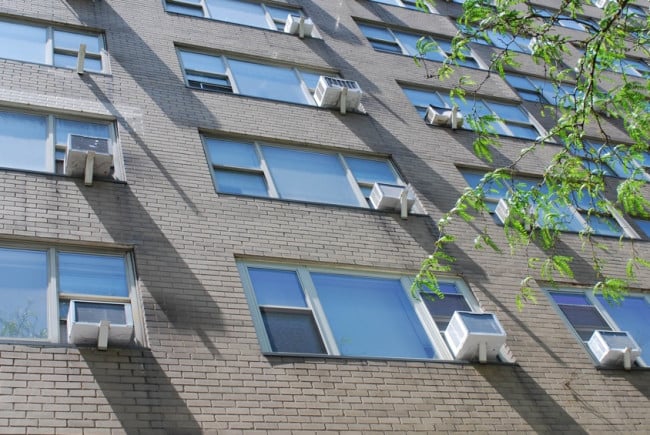Co-op buyers can no longer put maintenance fees in escrow as a result of new rent laws

Co-ops have been caught up in the rent reforms.
iStock
The new rent laws, enacted in June to maintain New York's rent-stabilized inventory and give extra protections to market-rate tenants, are having an unintended consequence that may make it harder for some would-be co-op buyers to gain board approval. The laws' new one-month cap on security deposits appears to also prohibit co-ops from asking prospective buyers to escrow several months to two years worth of maintenance—a common workaround for buyers with shaky finances.
Because the ownership structure of a co-op is based on a proprietary lease rather than a deed, buyers are technically tenant-shareholders rather than owners, explains Marc Luxemburg, a partner at the law firm Gallet Dreyer & Berkey and president of the Council of New York Cooperatives and Condominiums. "The co-op is being treated as a landlord, and a purchasing shareholder is being treated as a tenant. Therefore, a co-op can’t take this advance or deposit in escrow."
Does it mean buyers on the margins could suffer? Jeffery Reich, a real estate attorney with Schwartz, Sladkus, Reich, Greenberg, Atlas, believes so.
"This is an unintended consequence of the legislation that is sweeping but not necessarily well thought out," he says.
Workarounds for co-op buyers and boards
Leasing agents and landlords who can no longer take more than a month of security say they aren't prepared to take a risk with a tenant who doesn't have stellar credit. The same could happen to co-op buyers—New York City could see boards turning down anyone but the very best candidates. Luxemburg acknowledges this possibility but says there are workarounds, the most obvious being to use a guarantor who will guarantee the maintenance payments or even put the money in escrow.
Reich says having a guarantor can work but asking the guarantor to put money in escrow still presents risks to a co-op board. "The statute is clear on this—this is a lease. With boards made up of volunteers, not business people, I wouldn’t want to push them into taking any unnecessary risk."
Other options for buyers include insurance products for security deposits or perhaps negotiating with a seller to pay the maintenance, although Luxemburg acknowledges there aren't many sellers who would be willing to do that.
If your financials are marginal and you want to buy a co-op, one factor in your favor is the slow sales market. Many boards don't have the luxury of picking and choosing from several strong candidates. "Boards are incentivized to help the sale go through," says Reich. "They don’t want to lose value if they get a decent price." He says lots of boards are reaching out to him looking for solutions.
Possible refunds
Many renters can now ask for a refund if they overpaid rental application fees, which are now capped at $20 thanks to the rent reforms. That's because some brokers continued to charge excess fees after the law changed.
Luxemburg says attorneys were much quicker at understanding and advising boards about capping these advance maintenance payments. As a result, he does not expect to see co-op buyers asking boards to refund maintenance fees paid in advance.
Efforts to change the law
There are now efforts to get an exception in the rent laws for co-ops.
"No one really intended this," says Luxemburg. "The co-op community is pushing back to get the law changed."
However, these efforts aren't going to bring change overnight. "The legislature is not going to go back into session until January. The way the legislature works, bills don’t get passed until April, so we are looking at six months at least," he says.
You Might Also Like


























